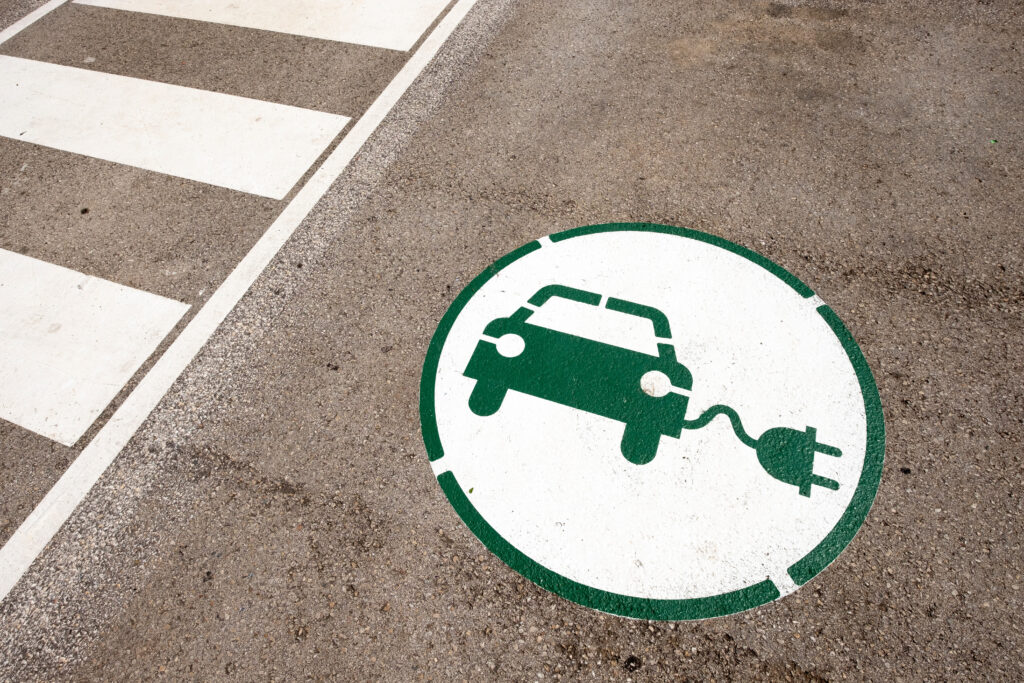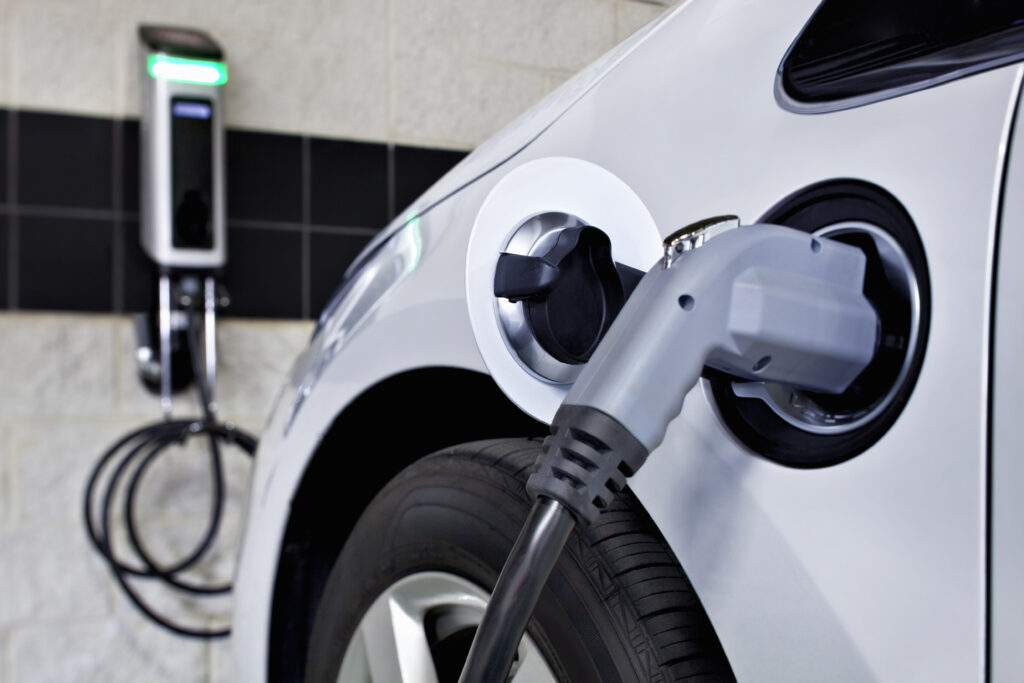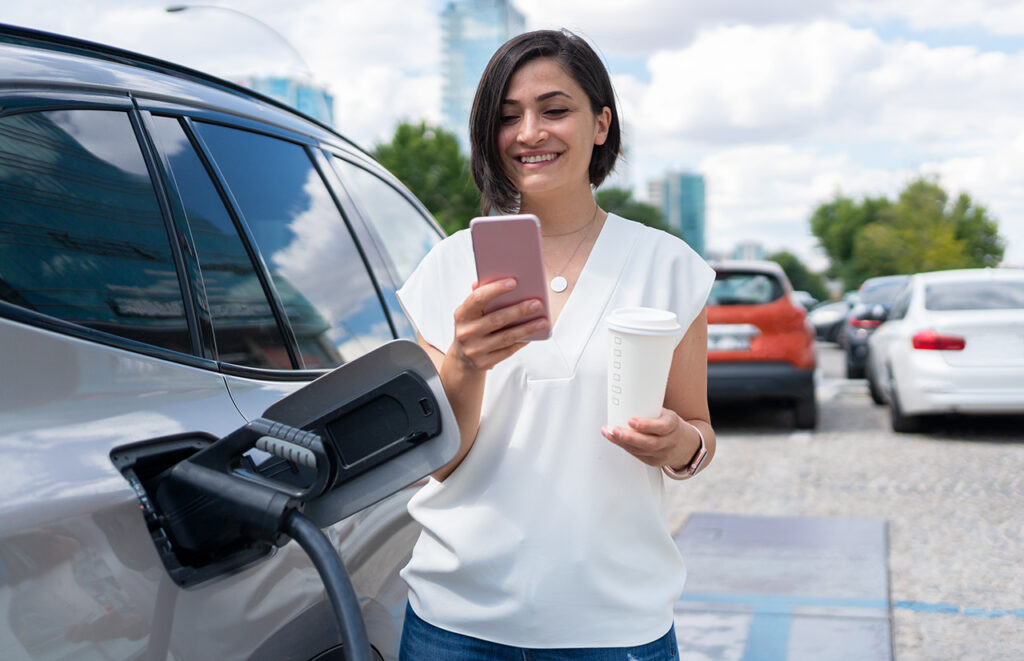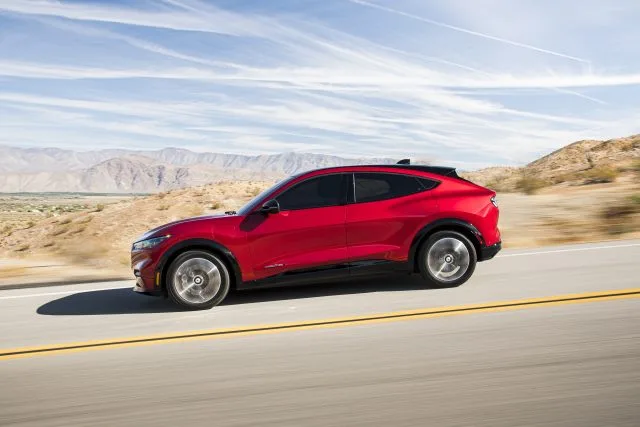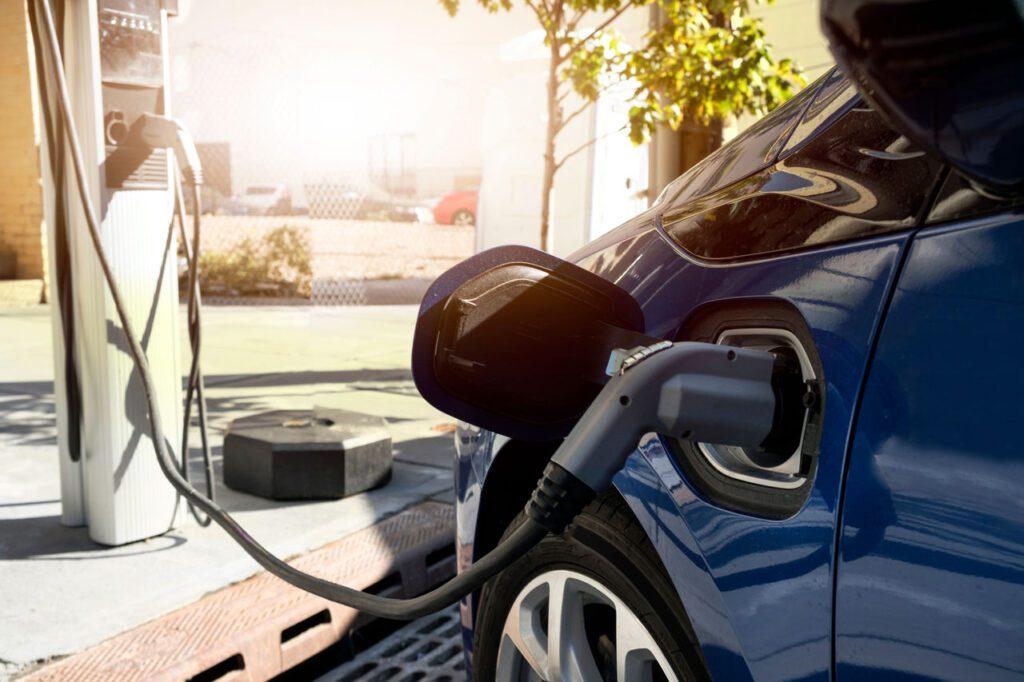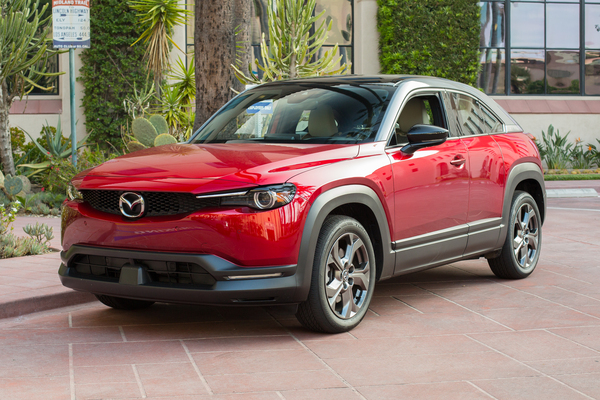
As more electric vehicles populate driveways and garages across the country, many questions arise, especially around charging. What is the best way to charge at home? How do you find the appropriate person for EV charging station installation? Can my home electrical network handle such equipment?
To help answer questions about electric vehicle supply equipment (EVSE), AAA tapped Kyle Krueger, executive director of codes and standards at the National Electrical Contractors Association. Since 1901, NECA members have been working to provide industry expertise and solution innovation for the public.
How do I find an electrician qualified to install a home charging station?

- The Electric Vehicle Infrastructure Training Program (EVITP), which was designed to provide qualified electricians with the most comprehensive training available in the market today. All EVITP certified electricians must pass a certification exam for proof of knowledge and skill.
- The NECA website, which allows users to search by city, state and zip code for an electrical contractor in their area.
- Local jurisdictions (states, cities, towns, villages, etc.), which will provide a list of electrical contractors that serve their particular territory.
Are home charging stations safe to install, and where is the safest place to install a home charging station?

Where do I buy home charging equipment?

Electric vehicle supply equipment (EVSE) can be purchased in many big box stores, from a car dealership or an equipment manufacturer.
Consumers can also purchase EVSE online, but it’s important to always use caution when purchasing these types of products online. Counterfeit equipment can be a real issue as it may not be safe and won’t be warrantied or supported by manufacturers.
Asking your qualified electrical contractor to purchase the EV charger is likely the safest route, as they are trained in site assessment and selecting proper equipment that is safe for the installation. Additionally, many electrical contractors will limit the warranty if it is a product they did not provide.
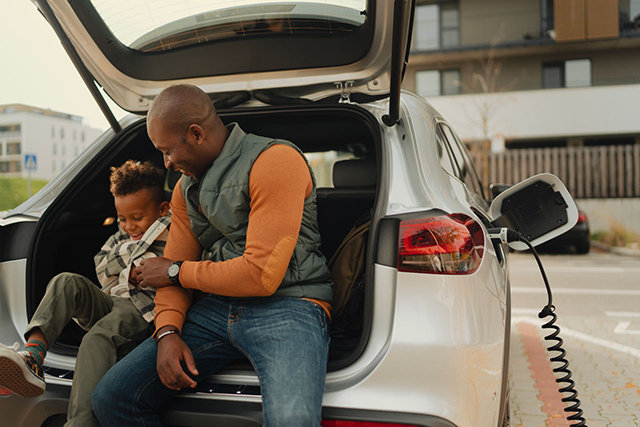
Do I need a permit to install a home charging station?

Do I need to upgrade my electrical service, and will my electrical panel accommodate the new circuit?

Possibly, there are several factors that will need to be assessed to determine if the existing electrical service is adequate to handle the addition of an EV charger. A qualified contractor will come out and do an EV site assessment to determine if your service can handle the additional load. If the electrical service is too small there are alternatives to upgrading/increasing the service size, for example, an energy management system (EMS) can be installed.
An energy management system (EMS) is a device that will continuously monitor the energy demand on the electrical service and will only allow the EV charger to be used during off peak times. Some local utilities may even provide credits to the customers if an energy management system is installed and commissioned.
One other factor to consider with the EV movement is the demand for EV charging has resulted in many homes installing upgraded electrical services. In some cases, the electrical infrastructure for a subdivision or neighborhood was not designed to handle this level of energy demand, so local utilities need to upgrade the infrastructure in these areas. Some utilities will pass the cost for these upgrades on to the customer that triggers the need for the upgrade. For example, if the utility company needs to upgrade the neighborhood electrical infrastructure to accommodate your home upgrade request, there is a chance the utility company will charge you for part or all the needed neighborhood upgrade. This is a common occurrence in many areas where EVs are popular and a common horror story our contractors will tell from their experiences. In these types of situations, an EMS is a more affordable alternative.
AAA’s Recommendation: Whether you own an electric vehicle or a gas-powered car is up to you – and you should consider lots of factors in making that choice. No matter what type of vehicle you’re choosing, we recommend visiting a dealership, test driving one, and asking as many questions as possible to make an informed decision.

